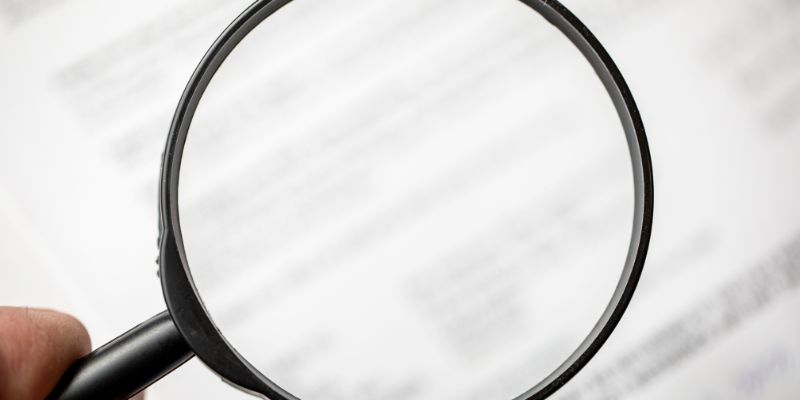Burner Email Addresses Can Be Controversial
Disposable Email Addresses (DEAs) or "Burner Addresses" are temporary email addresses that last for relatively small amounts of time.
There are many providers on-line that provide one time, temporary use email addresses for anyone to use.
DEAs can be controversial subject depending on your perspective. Is the increasing use of these addresses a good or bad thing? Let's present the different points of view.
The Good
Temporary email addresses can be used with positive results to:
- Protect an individuals anonymity when being asked for an email address to signup for an on-line site or service
- Reduce the risk of having your email address added to spam database lists
A typical case that one may wish to use a DEA is when signing up for a site that is not completely trustworthy and does not clearly state its data privacy policies.
Perspective: DEA's are great from an individual user point of view. By using burner email addresses, the rights of the individual to good levels of privacy can be maintained.
The Bad
Individuals wishing to conceal their on-line identity with DEAs can be a bad thing if the underlying intent of that individual is bad.
Example - Email Hippo Identifies and Combats On-Line Fraud
Email Hippo is an on-line merchant that offers digital data cleansing services which can be purchased on-line via credit card and PayPal. Historically, Email Hippo has attracted a fair amount of attempted payment fraud from unscrupulous individuals wishing to gain our services for free (or at least at someone else's expense). As part of our learning process to reduce this attempted fraud, we analysed the behaviour patterns used by fraudsters.
Payment Fraud Behaviour Analysis in Email Hippo
We looked at transactions over a three month period and identified the fraud by looking for the charge-backs. From the known fraud, we identified some clear patterns of behaviour from the user account details that were used to commit the fraud. Generally, fraudsters preferred registering with either "free" email addresses (e.g. Hotmail) or DEA services (e.g. mailinator).
Of the accounts registered, 90% + of fraud was committed by those users registered using DEA addresses. Attempted fraud from December 2015 via DEA addresses was around the $3,000 mark.
Perspective: DEA's have been bad for our on-line business. Clear trends towards the intent to commit fraud have been directly linked to the use of burner email addresses.
Learn about why email verification is essential for your business
Thoughts and Conclusion
From a merchant perspective at Email Hippo, DEAs are one of the strong signals of the intent to commit on-line payment fraud.
The good news is that Email Hippo has an extensive database of DEA addresses that is updated frequently. We now use this database to pro-actively screen users before we accept payments. In using our own DEA database, we have successfully reduced fraud to minimal levels.
This same DEA database is made available to all customers of our email verification API.







